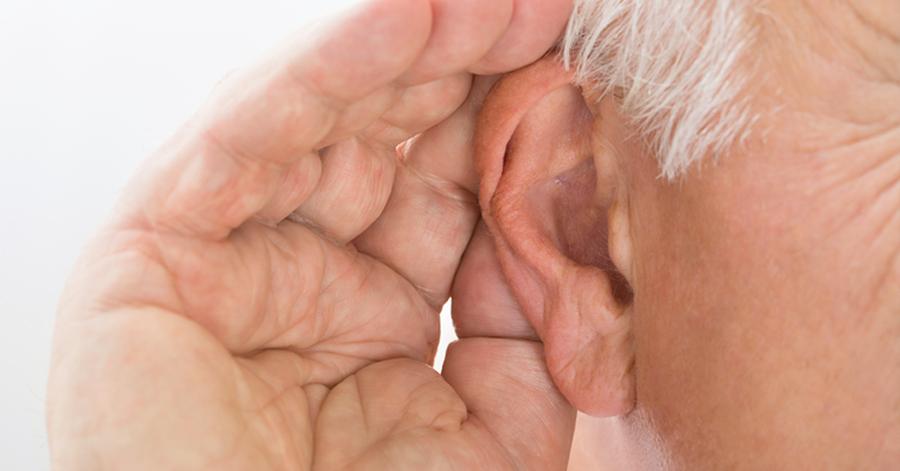Finding a tinnitus cure or tinnitus relief greatly depends on the underlying cause of the disorder.
Tinnitus is the awareness of noise or sound in the head or ears not the result of an external sound. Although there are several different types of tinnitus sounds, the most common are:
- Whirrs
- Rings
- Buzzes
- Whistles
- Hisses
From time to time, the noises can actually be segments of music. The pitch of the sound can be low or high with varying levels. In the mildest form, tinnitus is relatively common and several people experience different sounds in their ears from time to time. In general, there are two primary types of tinnitus:
- Subjective is the most common and can only be heard by the patient.
- Objective tinnitus is very uncommon. This type of tinnitus can be heard by someone examining the patient. It’s typically caused by an array of physical effects such as blood vessel abnormality around the ear, spasms in the tiny muscles in the inner ear, anatomical abnormalities of blood vessels, or increased blood flow to the ear.
What Causes Tinnitus?
Whatever the trigger is, it results in a change to the signal transmission of sound. In most instances of tinnitus, some of the nerve cells or neurons in the auditory cortex fail to receive signals as they previously did.
In some patients, the neurons respond by developing sporadic ‘chatter,’ which becomes synchronized to mimic sound. This process is known as neural synchronization. Over long periods of time, this altered firing pattern is bolstered and the tinnitus can be a constant sound. Some of the most common factors contributing to the development of tinnitus include the following:
- Ear infection
- Hearing loss
- Head or ear injury
- Repeated exposure to loud noise
- Otosclerosis or ear disease
- Medication side effects
- Emotional stress
Due to the array of potential causes of tinnitus, finding a tinnitus cure is difficult.
Is There a Tinnitus Cure?
If you suffer from tinnitus, there are several well-established therapies. It’s vital to embrace these therapies to find tinnitus relief and perhaps a tinnitus cure. The main overall objective for most tinnitus treatment options is to reduce discomfort and allow the patient to live an unencumbered and more comfortable life.
Unfortunately, there are no scientifically proven tinnitus cures for the majority of the causes. This is because the vast majority of tinnitus is the result of sensorineural hearing loss. However, the search for a definitive tinnitus cure is continually ongoing and progress is underway.
How to Get Tinnitus Relief?
Although there is no clinically proven, definitive tinnitus cure, there are several excellent tools designed to help you manage the condition. These treatments are designed to reduce the omnipresence, intensity, and burden of tinnitus. It’s vital to understand these treatments are not tinnitus cures or designed to eliminate the errant signal to the brain.
In contrast, the treatment options are designed to address the cognitive, emotional, and mental impact of the disorder. These treatments will help you live more fulfilling, better, and more productive life.
Since no two cases of tinnitus are the same, the “best” treatment is typically based on several factors directly related to the patient, such as the following methods.
Hearing Aids
Most experts agree tinnitus is connected to levels of hearing loss caused by either long-term hearing damage, age, or by some type of acute trauma to the auditory system. Hearing aids offer several patients significant relief from the effects of tinnitus. Discreet hearing aids augment the perception and reception of external noise to provide internal relief.
Holistic Wellness
The actual levels of tinnitus can vary based on a number of factors, including the individual’s overall wellbeing. As a result, the patient can make simple lifestyle changes that may provide tinnitus relief. While general wellness may not have an impact on the biology or causes of the disorder, it can make life easier for the patient.
Sound Therapy
Even though tinnitus is an internal, non-auditory sound, many patients find relief through sound therapy. Patients can use the external noise from sound therapy to counteract their reaction and perception of tinnitus. Sound masking can cover the perceived sound from tinnitus, but more tenacious therapy can result in more robust relief.
Behavioral Therapy
Tinnitus can cause a severe onset of negative emotions, such as anger, anxiety, and depression. Patients can learn to manage their emotional reactions, which dissociates tinnitus from negative responses.
Pharmaceutical Therapy
Currently, there are no drugs for tinnitus approved by the Food and Drug Administration. However, there are multiple pharmacological treatments designed for the depression, stress, and anxiety caused by tinnitus.
Contact North Shore Hearing P.C.
Although tinnitus can affect your day-to-day life, it doesn’t have to. The experts at North Shore Hearing P.C. will work closely with you to help you find tinnitus relief. We provide a wide range of services including baseline hearing tests, tinnitus treatment, hearing aid services, and much more.
Don’t wait to get your tinnitus and hearing checked! Contact North Shore Hearing P.C today to schedule an appointment.

